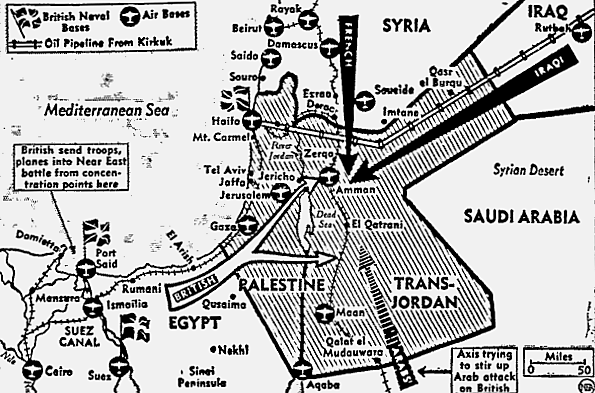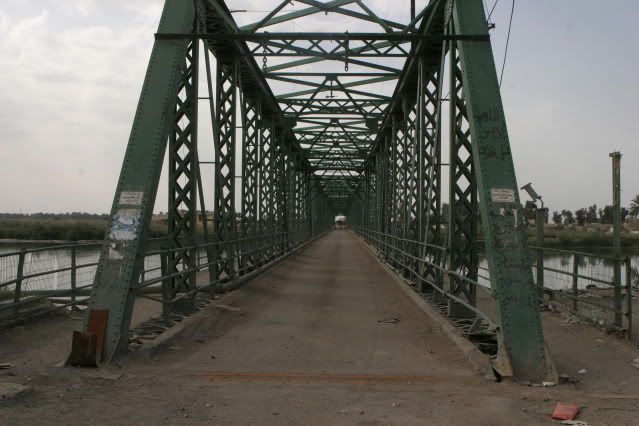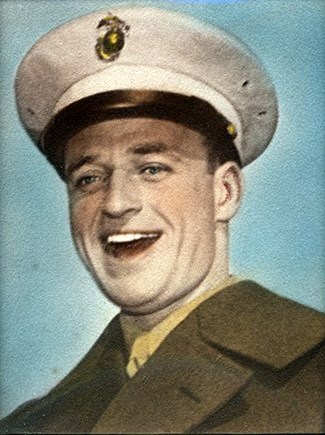FRENCH COLONEL, 200 MEN DESERT FROM SYRIAN ARMY
By Harold Peters, United Press staff writer
Beirut, Lebanon, May 23 –
Col. Collet, one of French Syria’s veteran desert fighters, has led about 200 of his Circassian (native) fighting squadrons across the Palestine border to join the British and Free French forces, it was revealed today.
It was denied at the same time that there had been any penetration of Syria by “Free French” troops of Gen. Charles de Gaulle. It wa said that the only activity involved the Circassian squadrons of Collet, most of them men personally picked and trained by the veteran desert fighter.
According to broadcasts by the official Beirut radio station, Collet, a Frenchman, told his 10 squadrons of Circassians that they were to engage in a night maneuver and then attempted to lead them across into Palestine.
The radio claimed that when the troops discovered that they were being taken into Palestine, “95% of them returned” to Syria.
Two French officers were said to have been killed attempting to prevent Collet from leaving Syria.
Official sources claimed that there was no other dissident activity in Syria.
Collet was the leader of a special squadron of Syrian partisan fighters which he had organized for desert warfare in the protection of France’s Mandate of Syria in the guerilla warfare which repeatedly had flared among Arab tribesmen.
The officer was a self-made soldier. He formerly served as adjutant and assistant to the French High Commissioner and represented the High Commissioner during the Sanjak Plebiscite of 1937.
Führerbefehle No. 30 (May 23, 1941)
The Führer and Supreme Commander of the German Armed Forces
OKW/WFSt./Abt.L(I Op.) Nr. 44772/41 gK Chefs.
SECRET
The Führer's Headquarters
23 May 41
By officer only
Directive No. 30
The Middle East
- The Arab Freedom Movement is our natural ally against England in the Middle East. In this context the uprising in Iraq is of special importance. This strengthens the forces hostile to England in the Middle East beyond the Iraqi frontier, disrupts English communications, and ties up English troops and shipping at the expense of other theaters.
I have therefore decided to hasten developments in the Middle East by supporting Iraq. Whether and how it may be possible, in conjunction with an offensive against the Suez Canal, finally to break the British position between the Mediterranean and the Persian Gulf is a question that will be answered only after Barbarossa.
- In connection with my decision, I order the following for the support of Iraq:
a. Support by the air force.
b. Dispatch of a military mission.
c. Arms deliveries.
- The military mission (cover name: Sonderstab F) will be under the command of General Felmy. Its tasks are:
a. To advise and support the Iraqi armed forces.
b. Where possible, to establish military contacts with forces hostile to England outside of Iraq.
c. To obtain experience and intelligence in this area for the German armed forces.
The composition of this organization will be regulated, in accordance with these duties, by the Chief of the High Command in the Armed Forces. Chain of command will be as follows:
a. All armed forces personnel sent to Iraq, including liaison staff in Syria, will be under the command of the head of the military mission with the proviso that orders and guidelines for the aviation units will come exclusively from the High Command of the Air Force.
b. The head of the military mission will be subordinate to the Chief of the High Command in the Armed Forces, with the proviso that orders and guidelines for the aviation units will come exclusively from the High Command of the Air Force.
c. The members of the military mission are, for the time being, to be regarded as volunteers (in the manner of the Condor Legion). They will wear tropical uniforms with Iraqi badges. Also, Iraqi markings will be worn by German aircraft.
-
Luftwaffe: The employment of the air force in limited numbers is intended, apart from direct effects, to increase the self-confidence and fighting spirit of the Iraqi people and armed forces.
-
Arms shipments: The Chief of the High Command in the Armed Forces will issue the necessary orders in this respect (deliveries to be made from Syria, in accordance with the agreement reached with the French in this matter, and from Germany).
-
The direction of propaganda in the Middle East is the responsibility of the Foreign Office, which will cooperate with the High Command in the Armed Forces, Operations Staff – Propaganda Section. The basic idea of our propaganda is:
The victory of the Axis will free the countries of the Middle East from the English yoke, and will give them the right to self-determination. All who love freedom will therefore join the fight against England.
No propaganda is to be carried out against the French in Syria.
- Should members of the Italian Armed Forces be employed on duties in Iraq, German personnel will cooperate on the lines laid down in this directive. Efforts will be made to ensure that they come under the command of the Head of the German Military Mission.
The Supreme Commander of the Armed Forces
ADOLF HITLER


